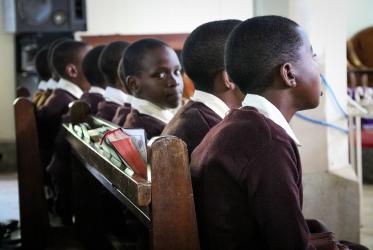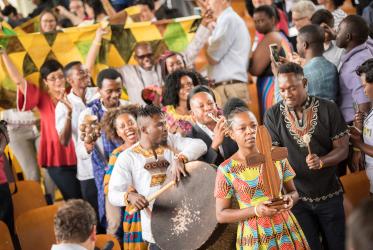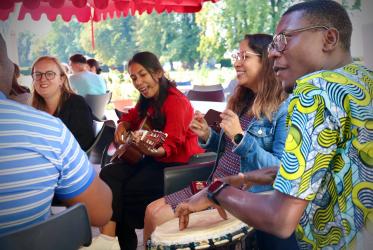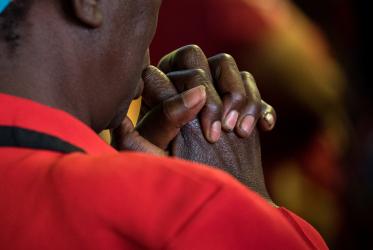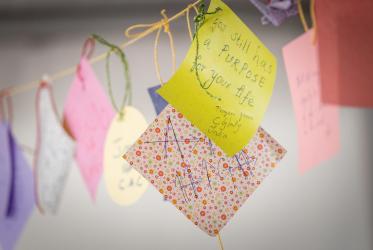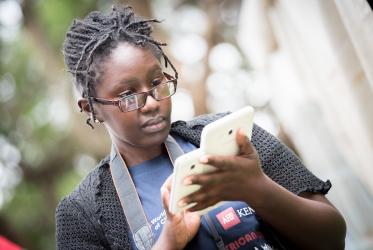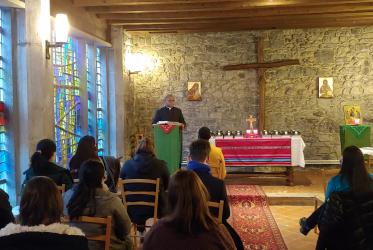Displaying 101 - 120 of 133
Churches offer some relief in Kenya’s drought disaster
16 September 2021
New academic year underway at Ecumenical Institute in Bossey
13 September 2021
Walk the Talk
A Toolkit to Accompany the "Roadmap for Congregations, Communities and Churches for an Economy of Life and Ecological Justice"
31 August 2021
